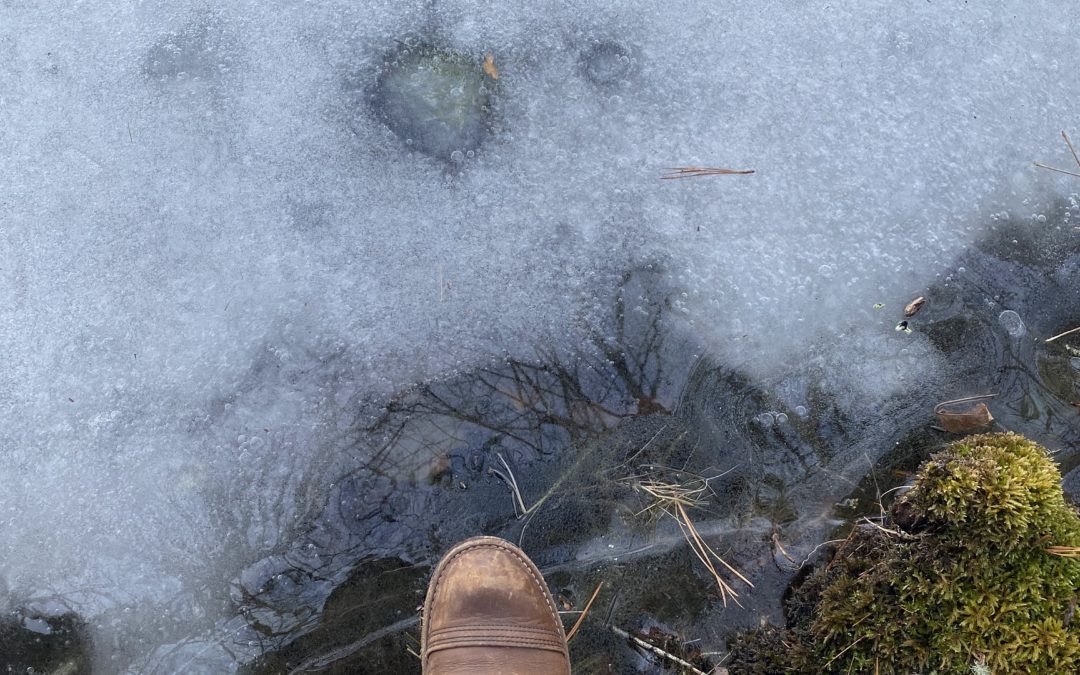I recently finished reading Patti Smith’s The Year of the Monkey the day after Chinese New Year, this year, The Year of the Tiger. Smith’s final thought in the book, “The trouble with dreaming is that we eventually wake up.”
Sometimes.
Before I dove into the brain of Patti Smith, I had read through a recent Mashpee Enterprise article with the headline “Petition Organized to Repeal Plastic Water Bottle Ban.”
“You should be going after the container, not the content. Instead of getting one of life’s basic necessities, water, you’re forcing people to buy sodas,” says the business owner in the Mashpee Enterprise article. At some point, if you have critical thinking skills and are able to use logic, you have to center yourself with these arguments and keep asking why they bubble to the surface.
It almost always comes down to convenience. No one is being forced to drink soda, one is just not thoughtful enough to fill a reusable water bottle with life’s basic necessity. One is just too busy to think ahead. One is not pushing for water refill stations in strategic locations all over the town. One just doesn’t care about the chemicals in the bottles made from oil. I get it. I used to be in that place too. Water used to be disposable to me too.
And the frenzied dash to Stop & Shop when a storm is coming so you can have water? Growing up on the Cape in the 70s, my mom used to fill big water jugs with tap water for drinking water and the bathtub for flushing the toilet. We didn’t have plastic water bottles like we do now and I can’t believe it, but we did survive. I know, not convenient but neither is plastic pollution and climate change.
I remember years ago, interviewing Erin Brockovich for Participant Media and the documentary Last Call at the Oasis, and a story she told me about a Hinkley, California town hall she was at. This is the same town featured in the film Erin Brokovich. At that meeting, though everyone knew hexavalent chromium had contaminated all the water, and they would die of cancer if they stayed there, they still kept asking her, “what should we do?”
Erin said she told them over and over that they had to leave, if they stayed, the chances were very high they would die of cancer. She said this in a number of ways and they just didn’t get it. Imagine being told everything you own has been rendered valueless but if you stay, you might die.
I still remember her raspy Kansas accent over the phone line telling me “I told them, Superman isn’t coming to save you. You have got to go.”
They still asked, “…but what should we DO?”
She was in awe that not only was the problem on their doorstep, it was sitting in the recliner laughing and demanding a beer.
Last Call At The Oasis trailer, Participant Film
Now, I’m pretty sure there will be enough signatures for this petition to move forward. I am sure I will see lots of plastic-water-bottle-holding residents side-eyeing me in defiance at town meeting taking a sip like the last meeting. It’s ok, I’m still going to hold up my card for the count and cross my fingers that we can get beyond this. That we can see beyond what’s in the bottle but to bigger things like, who makes the bottles, how sick we are getting from the bottles, who is privatizing water to make money off our laziness and having the last laugh.
Our Mashpee water has recently been cleared as good to drink but if we don’t take better care of it, from our homes to our ponds and oceans, we too will be told Superman can’t save us. That the game is over for all of us and there’s no turning back.
In this year, the Year of the Tiger we are to channel all things courage and bravery. In a glass half full scenario, you could interpret the new year symbolizing resilience and strength, an opportunity to make change for water in our community. For now I’ll channel all things Patti Smith and keep on dreaming that more people will wake up from the dream of being saved.
(Image: a recent hike to Lumbert Pond, Centerville)
Got a Pond Story you want to share? Email Kristin Andres at [email protected]
Pond Stories are a collection of writings from Cape Codders and visitors who love the 1000 local ponds that dot the Cape. We hope this collection of stories, that are as much endearing as they are environmentally aware, will awaken your inner environmentalist to think deeper about our human impacts to these unique bodies of water. Check out these valuable resources to learn more about the current challenges Cape Cod ponds are facing and how you can be a better pond steward in your town.


